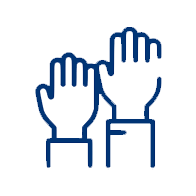If you experience any of the following:
- Spending more money and time than you intend to on gambling
- Feeling guilty and ashamed about your gambling
- Having arguments with friends or family about your gambling
- Lying or stealing to get money for gambling
- Thinking about gambling every day
- Trying to win back your losses
- Missing important things such as work, family time or appointments because of gambling
- Getting into debt or struggling financially due to gambling.











